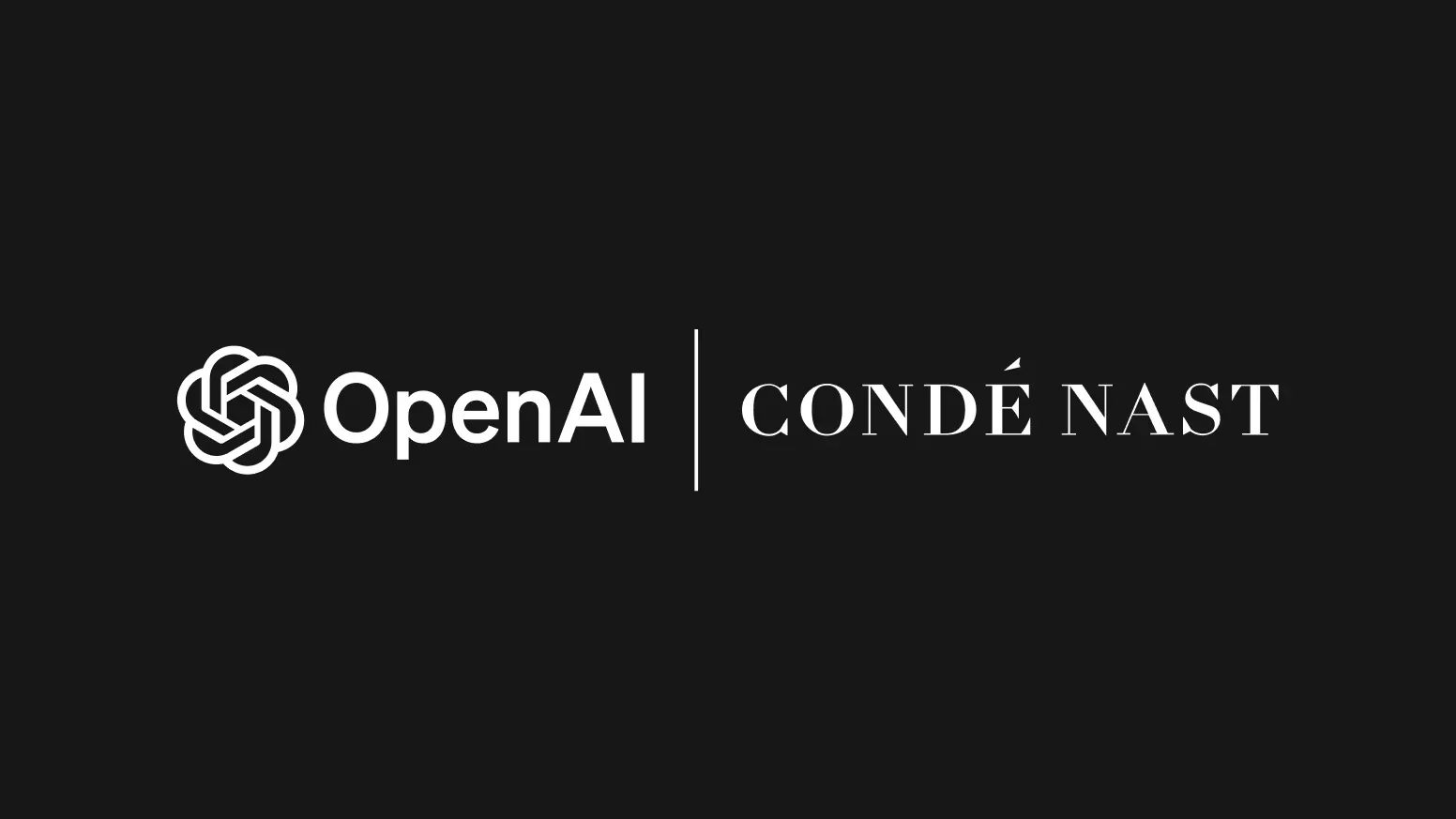OpenAI has announced a significant partnership with media giant Condé Nast, aiming to integrate content from some of the publisher’s most prestigious brands into OpenAI’s platforms, including ChatGPT and its SearchGPT prototype.
This multi-year deal marks another step in OpenAI’s ongoing efforts to collaborate with established media outlets, following similar agreements with organisations like the Financial Times, Time magazine, and Le Monde.
The financial details of the partnership have not been disclosed, but it signals a strategic move for both parties. For OpenAI, gaining access to high-quality, reliable content is crucial for refining its AI models, particularly in maintaining the accuracy and integrity of information delivered through its tools.
Brad Lightcap, chief operating officer at OpenAI, emphasised the importance of these partnerships in ensuring AI-driven news maintains high standards of quality. "We’re committed to working with Condé Nast and other news publishers to ensure that as AI plays a larger role in news discovery and delivery, it maintains accuracy, integrity, and respect for quality reporting," Lightcap stated.
For Condé Nast, the partnership represents an opportunity to recoup some of the revenue lost to the changing digital landscape, where technology companies have often undermined traditional publishers’ ability to monetise content. Roger Lynch, chief executive officer of Condé Nast, highlighted this in a memo to employees, suggesting that this collaboration could help offset the financial challenges faced by the industry.
OpenAI’s SearchGPT, launched in July, is part of the company’s broader strategy to innovate in the search engine space, traditionally dominated by Google. SearchGPT integrates AI-driven responses with real-time data from the web, offering users quick and reliable access to news and other content.
OpenAI's latest partnership with Condé Nast comes against a backdrop of growing legal scrutiny within the AI industry.
Just as OpenAI expands its media collaborations, one major competitor, Amazon-backed Anthropic, faces a class-action lawsuit filed in California by three authors. The plaintiffs allege that Anthropic illegally used pirated versions of their books, along with hundreds of thousands of other works, to train its AI-powered chatbot, Claude.
This lawsuit is the latest in a series of legal actions targeting AI companies for alleged copyright infringements, underscoring the escalating tensions between content creators and technology firms over the use of intellectual property in training artificial intelligence models.
Latest News
-
OpenAI and Microsoft join UK's AI alignment coalition
-
Tesco body worn cameras improving safety across the organisation, says security project manager
-
ECB outlines plans for 2029 digital euro launch
-
Tech companies forced to remove abusive images in 48 hours under new UK law
-
OpenAI to anchor Tata’s $7bn India data centre push
-
UKRI commits £1.6bn in first AI strategy
The future-ready CFO: Driving strategic growth and innovation
This National Technology News webinar sponsored by Sage will explore how CFOs can leverage their unique blend of financial acumen, technological savvy, and strategic mindset to foster cross-functional collaboration and shape overall company direction. Attendees will gain insights into breaking down operational silos, aligning goals across departments like IT, operations, HR, and marketing, and utilising technology to enable real-time data sharing and visibility.
The corporate roadmap to payment excellence: Keeping pace with emerging trends to maximise growth opportunities
In today's rapidly evolving finance and accounting landscape, one of the biggest challenges organisations face is attracting and retaining top talent. As automation and AI revolutionise the profession, finance teams require new skillsets centred on analysis, collaboration, and strategic thinking to drive sustainable competitive advantage.
© 2019 Perspective Publishing Privacy & Cookies










Recent Stories